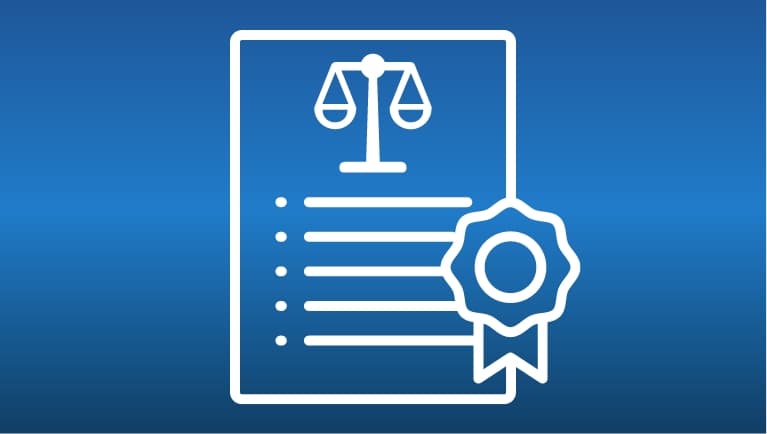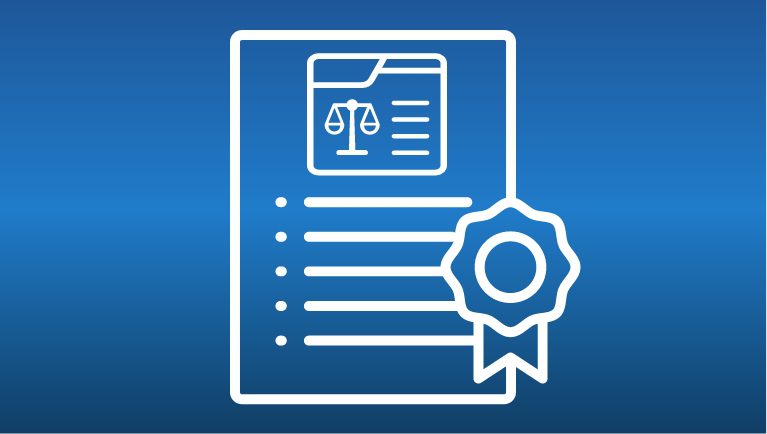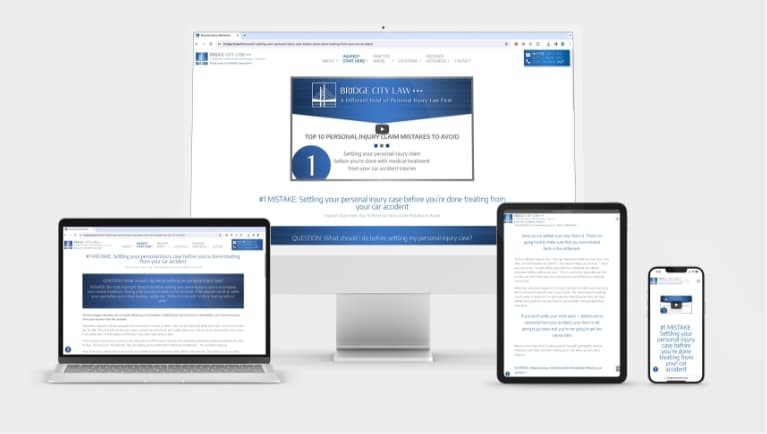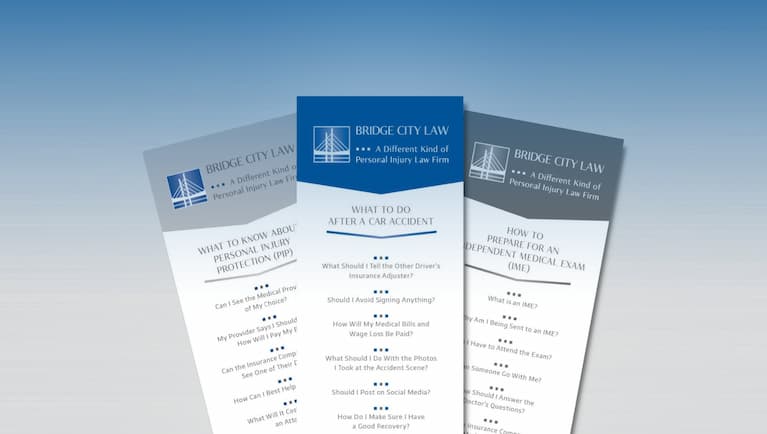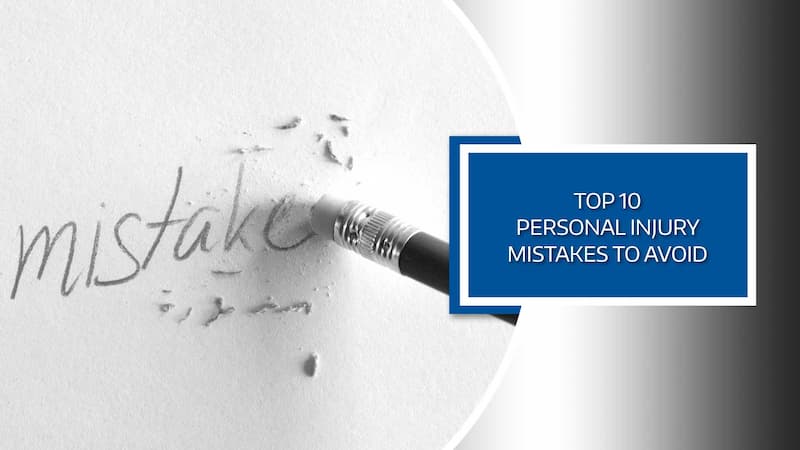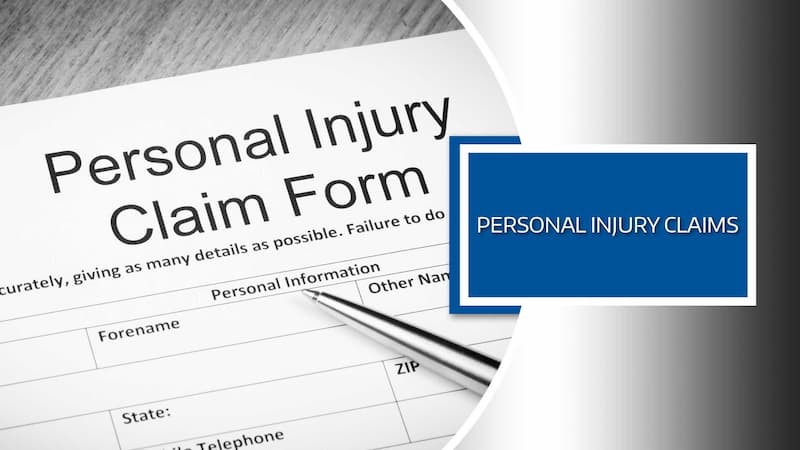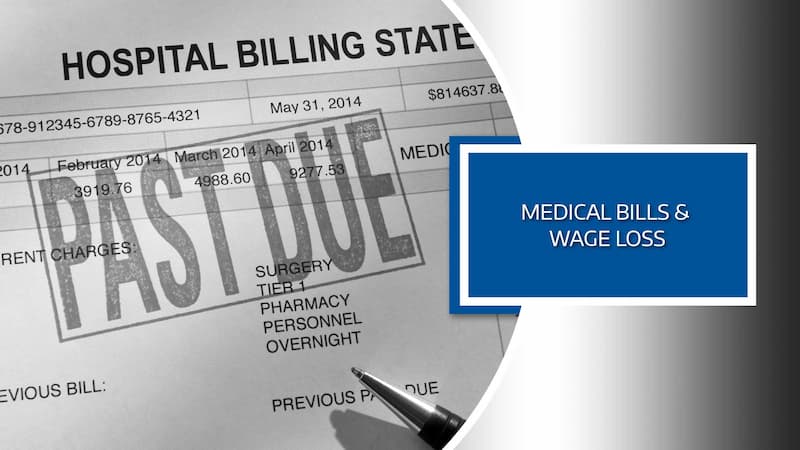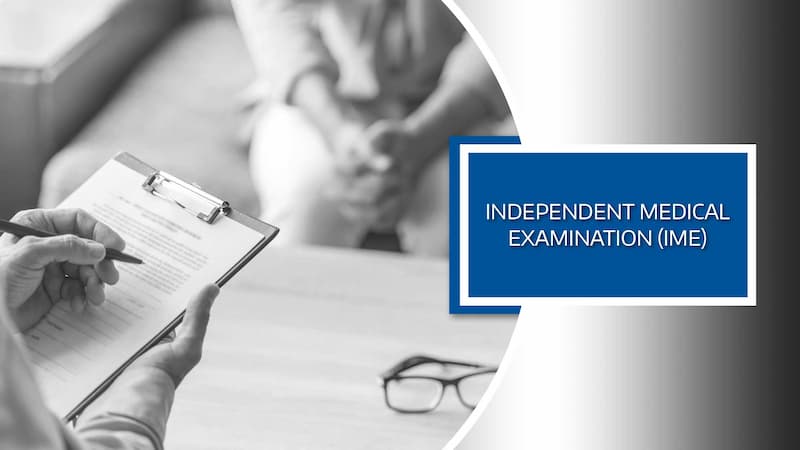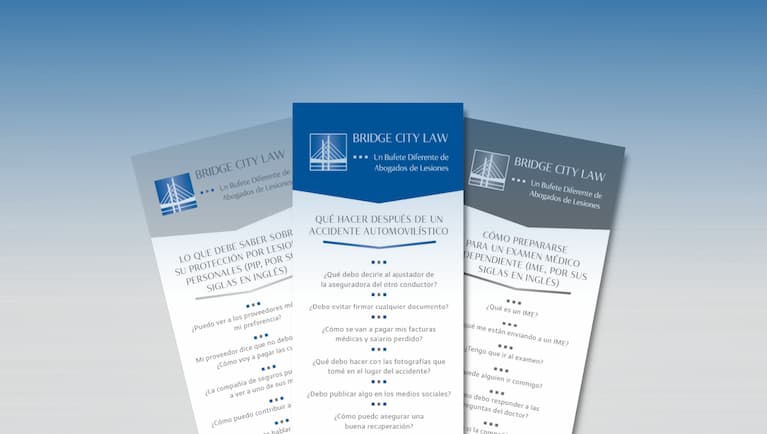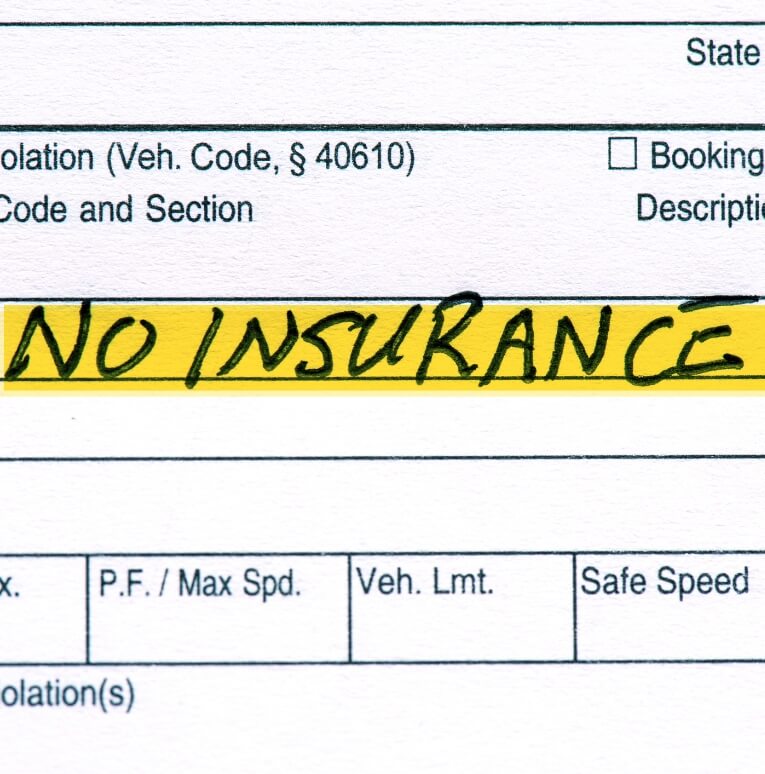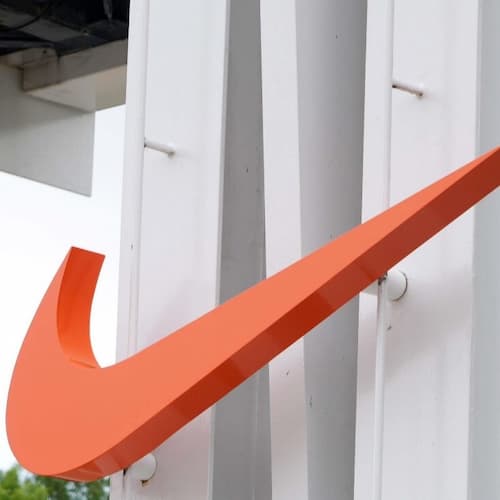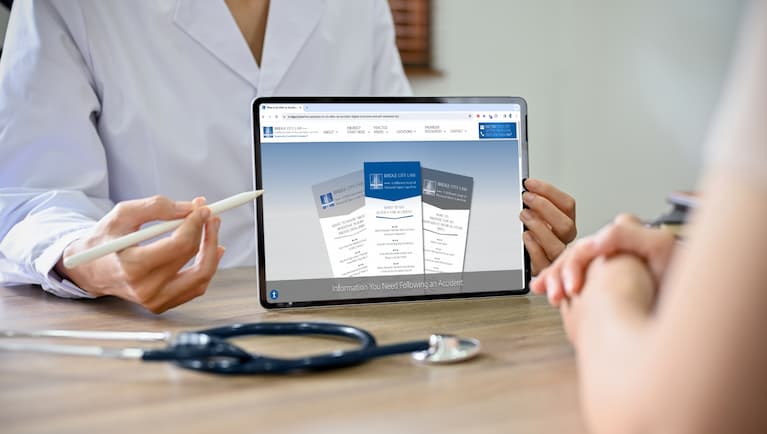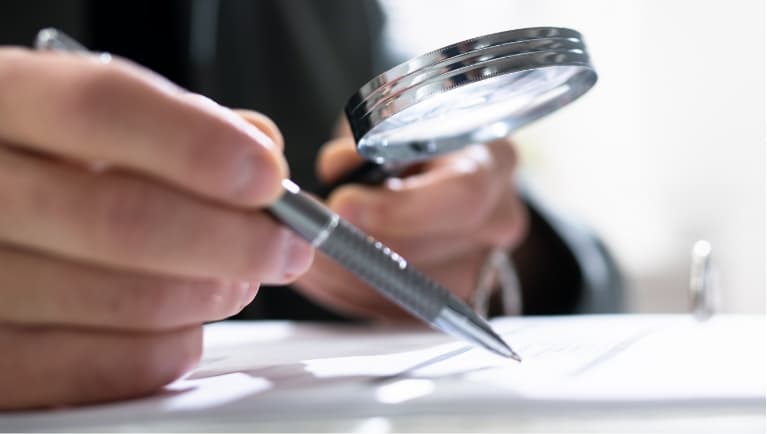THE PRACTICE OF CARE:
A PROVIDER’S GUIDE
PERSONAL INJURY CLAIM
RESOURCES FOR
HEALTHCARE
PROFESSIONALS
The IME Game
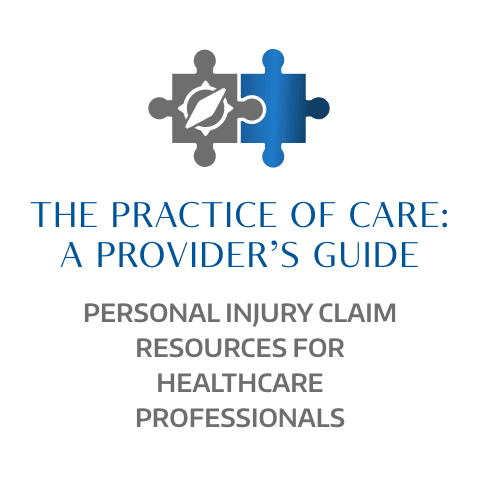

COACH YOUR PATIENTS
on How to Level the IME Playing Field


We all know that IMEs are used to cut off your patients from their PIP coverage. Even with the best of intentions, there are many mistakes your patients can make that may contribute to them losing their coverage. Our IME blog and video posts contain specific tips for both healthcare providers and your patients to help prevent this from happening.
VIDEOS
ARTICLES
#1 Why is my patient being sent to an Insurance Medical Exam (IME)?
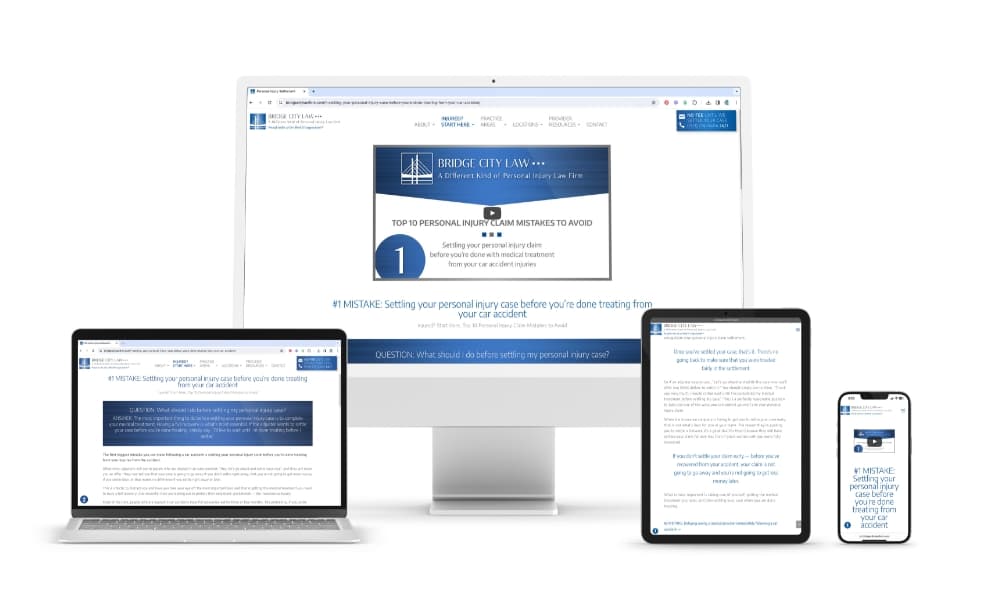










The most common reason for your patient to be required by the insurance company to attend an Independent Medical Exam (IME) is that there’s little visible damage to your patient’s car from the accident.
The second most common reason the insurance adjuster will require that your patient attend an IME is that your patient has similar pre-existing conditions. The closer in time those pre-existing conditions occurred to when the auto accident happened, the greater the likelihood that your patient will be sent for an IME.
The third common reason is that the PIP adjuster will require your patient to go to an IME if there is a delay from when the car accident happened to when your patient first seeks medical treatment.
And the fourth common reason is that there is a gap in treatment, where for example, your patient was treating with you for six months, then they stopped treating for a month or two, and then they returned for treatment.
The best possible outcome when being required to go to an IME is to understand the purpose of the IME, what the IME exam is and isn’t, and how to be prepared for it.
#2 Should my patient go to the Independent Medical Exam (IME)?
When the PIP carrier requires our client to attend an IME, 95% of the time, we advise our clients to go — however, there can be certain factors when we would counsel our clients not to attend the exam.
The primary reason we advise our clients to attend the IME is based on the Oregon PIP statute. Your patient Is required to cooperate with the PIP carrier. If your patient doesn’t attend the IME they’re actually in breach of their PIP contract. The likelihood that your patient will prevail in a dispute with the PIP carrier if your patient doesn’t attend the IME is highly unlikely.
If your patient does attend the required IME, nine times out of ten the IME report, written by doctors who are hired by the insurance company will justify the insurance company stopping payments for your patient’s medical treatment. Even though this is the likely outcome, we still advise our clients to attend the IME because 95% of the time we’re successful in having the PIP carrier pay all of the medical bills that they should have paid If the IME wasn’t ordered.
#3 Does my patient have to go to the Independent Medical Exam (IME)?
The PIP carrier can’t force your patient to go to an IME. However, Oregon PIP statute requires that they cooperate with their PIP carrier, and by not going to the IME they’re in breach of not complying with their contract. Technically, they do not have to attend the IME, but if they don’t go they’re not cooperating and their PIP benefits will be stopped.
The irony however about your patient going to the IME is that if they don’t attend the IME, the PIP carrier is going to cut off the payments for their medical treatment. But, if they do go to the IME, 95% of the time the IME report will justify the insurance company stopping your patient’s PIP coverage.
If your patient does comply with the PIP carrier’s requirement and go to the IME, nine times out of ten, we’re able to have our client’s PIP benefits restored, despite what the IME report states. If our client does not attend the IME, it is unlikely that we’ll be successful in having their benefits reinstated, which is why we advise our clients to go ahead and attend the IME.
We want your patient to get the guidance they need to make the best possible decision for their circumstances. Whether we represent them or not, we’ll help your patient understand the IME process and the steps they need to take to protect their PIP benefits.
#4 What does my patient need to know about the Independent Medical Exam (IME) doctor?
There are some critically important things for your patient to know about the IME doctor before attending the IME. They include:
- The IME has been ordered by the PIP carrier solely for the purpose of gaining justification to stop your patient’s treatment.
- The IME doctor is chosen from the insurance company’s network of doctors who will perform exams and write reports for them.
- The exam is not ‘independent’ and it is not a neutral assessment.
- The IME is only an exam appointment — not a treatment appointment.
- The IME doctor doing their exam is NOT looking out for your patient and is NOT on their side.
- The main purpose of an IME is to minimize the payments that the insurance company will have to pay on your patient’s personal injury claim.
- There is no patient-doctor relationship with the IME doctor, which means there is no confidentiality.
- To protect their PIP benefits during their IME, your patient should be honest and complete in their responses to the IME doctor’s questions, but keep their answers short and succinct.
Reminding your patient that the IME doctor is not seeing them to help them. They’re examining your patient to get information from your patient that can be used by the insurance company to cut off their PIP benefits.
#5 My patient is worried about getting more treatment until they get the results of the Independent Medical Exam. What should I tell them?
The most important thing your patient can do to help their recovery and preserve their PIP benefits is to continue with their treatment EVEN WHEN they receive the IME results back from the insurance company.
When people who have been injured in a car accident don’t have an attorney advising them, they often make the assumption that they should stop getting treatment when the insurance company threatens to cut off their PIP benefits after the IME. That’s actually the most detrimental thing they can do — both for their recovery and to maintain their PIP benefits.
The way you can help your patient who has been injured in a car accident navigate the complexity of what we refer to as ‘The IME Game’ is when you first meet with them, it’s critical that you let them know that if they ever hear from the PIP carrier that they’re required to attend an IME, to let you know immediately.
You should also advise them to continue with their treatments and encourage them to talk with an experienced personal injury attorney to get advice on their best course of action to protect themselves and their PIP benefits so that they get the treatment they need and deserve.
#6 How do I help prepare my client for the Independent Medical Exam (IME)?
One of the most effective ways you can help your patient prepare for their IME is to refer them to the Personal Injury Claims Resource Portal on the Bridge City Law website. There they will find a robust library of information for you patients who have been injured in a car accident, which includes 10 short articles and accompanying 2-3 minute videos specifically about preparing for an IME.
It’s critical that your patients understand that the IME appointment is not a treatment appointment, and the doctor is not seeing your patient to help them get better. They’ve been hired by the insurance company and they’re examining your patient for one purpose and that is to write a report for the PIP carrier to justify that your patient’s PIP benefits be stopped. The more information your patient shares with the IME doctor, the more details they have to use against them. It’s important to advise your patients to be short and succinct in their responses to the IME doctor’s questions and not to offer any additional information or details.
While these are helpful guidelines for your patients about what to do and not do surrounding their IME, encouraging them to consult with an experienced personal injury attorney will ensure that they get the guidance and counsel they need about their specific claim.
#7 What should my patient share with the Independent Medical Exam (IME) doctor about pre-existing conditions?
If your patient is required to attend an IME and they have pre-existing conditions, educating them about the purpose of an IME and what will happen at the IME appointment will help them to know how to navigate the exam and how to respond to the questions the IME doctor will ask so that they can have the best possible outcome.
It is critical to your patient’s credibility, protecting their PIP benefits, and their personal injury claim that they’re honest and complete when responding to the IME doctor’s questions. When it comes to answering questions about similar past accidents, treatment, and pre-existing questions, it’s important that they clearly and fully understand the IME doctor’s questions before they respond, so they provide accurate and complete answers.
You can also advise them to talk with their family members and close friends to help them remember any past similar accidents they’ve had, pre-existing conditions, and treatment they’ve had previously in the areas of their body where their current injuries are. Your patient investing time before the IME to remember and note any accidents and treatment will help them to arrive at the IME prepared and confident in responding to the IME doctor’s questions.
#8 Should my patient talk to a personal injury attorney about their Independent Medical Exam (IME)?
If your patient is required to attend an IME, the insurance company intends to discontinue your patient’s PIP benefits. The doctor doing the exam is chosen from a network of doctors who are hired by the insurance company — so there is nothing ‘independent’ about the IME.
The intent of the exam is to provide the PIP carrier with a report justifying stopping the payment of your patient’s medical bills and is an adversarial move by the insurance company.
For this reason, it’s in your patient’s best interest to consult with an experienced personal injury attorney to learn how to protect themselves and preserve their PIP benefits. This type of lawyer provides no-fee, no-obligation consultations. The attorney will ask your patient a number of questions to understand the details about their car accident and injuries. This will help the lawyer to advise your patient on their specific situation and circumstances.
The attorney will explain to your patient what to expect during the IME, counsel them on how to prepare for the exam and respond to the IME doctor’s questions. Even if your patient doesn’t need to hire a lawyer, they will leave the consultation informed and educated about the IME process and what they need to do to arrive prepared for the exam.
#9 How can my chart notes help my client through the Independent Medical Exam (IME) process?
Effectively navigating the personal injury claims process on your client’s behalf, protecting their benefits, and the value of your patient’s settlement is significantly influenced by the chart notes you keep for your patient. It is actually one, if not the most important aspect of their personal injury claim.
When we review a client’s claim to decide if it’s in their best interest to file a lawsuit, it is largely determined by how well the patient’s accident information and injuries were documented, their treatment protocol, their recovery process, and the details about any similar past accidents or pre-existing conditions your patient had in their chart notes. This is the information we need to advise your patient on their claim when it comes to things like protecting their PIP benefits, filing a lawsuit, preparing for arbitration, or even a trial.
Your chart notes are front and center throughout the entire personal injury claims process. We can’t go back and fix chart notes that are inconsistent or don’t include well-documented information about your patient’s injuries and recovery, so it’s critical to your patient getting the treatment they need and a fair settlement, that their chart notes are well organized and the information is consistent and detailed.
#10 What is the biggest mistake my patient can make if they are being are sent to an Independent Medical Exam (IME)?
If your patient is required to attend an IME by their insurance company and they stop getting treatment because they’re concerned that their PIP carrier is going to stop paying their medical bills, that is the biggest mistake they can make — both to have a full recovery as quickly as possible and for their personal injury claim.
Your patient may feel anxious about incurring medical expenses they don’t know how will be paid and their first reaction may be to stop getting the medical treatment they need for their injuries. This is why it’s so important that when you first meet with a patient who has been injured in a car accident where their PIP policy is paying their medical bills to let them know that if they receive a notification from the insurance company requiring them to attend an IME to let you know immediately.
It is critical to their care and their claim to educate them on the IME process, how to prepare for the exam, and what your patient can expect during their appointment. The second reason is so you can help avoid them abruptly ending their treatment — and you don’t know why. Stopping their treatment, of course, impacts their recovery, and it also harms their personal injury claim.
MORE PERSONAL INJURY ARTICLES & RESOURCES
To Help You Manage the Complexity of the Claims Process
By following our posts,
you will find helpful information to share with your patients, and straightforward suggestions for you and your staff to avoid mistakes that could potentially harm your patient’s claim.
For HEALTHCARE PROFESSIONALS Only
Here we’ll 1) post our weekly 2-3 minute information-rich videos and content-relevant blog posts the day they’re released, 2) respond to your questions, and 3) provide an opportunity for you to engage with other members.
Every six weeks, we’ll round-up the five most recent posts developed especially for medical providers treating patients who have been in an accident and deliver them directly to your inbox.


FOLLOW US
On Your Preferred Social Media Platform
We’ll post reminders to check our blog for new resources to help you better advocate for your patients and important steps to follow to insure you’re paid for the care you provide.
THE PRACTICE OF CARE:
A PROVIDERS GUIDE
Personal Injury Claim Resources for Healthcare Professionals
YES, I would like to receive THE PRACTICE OF CARE periodic emails and resources.
"*" indicates required fields












